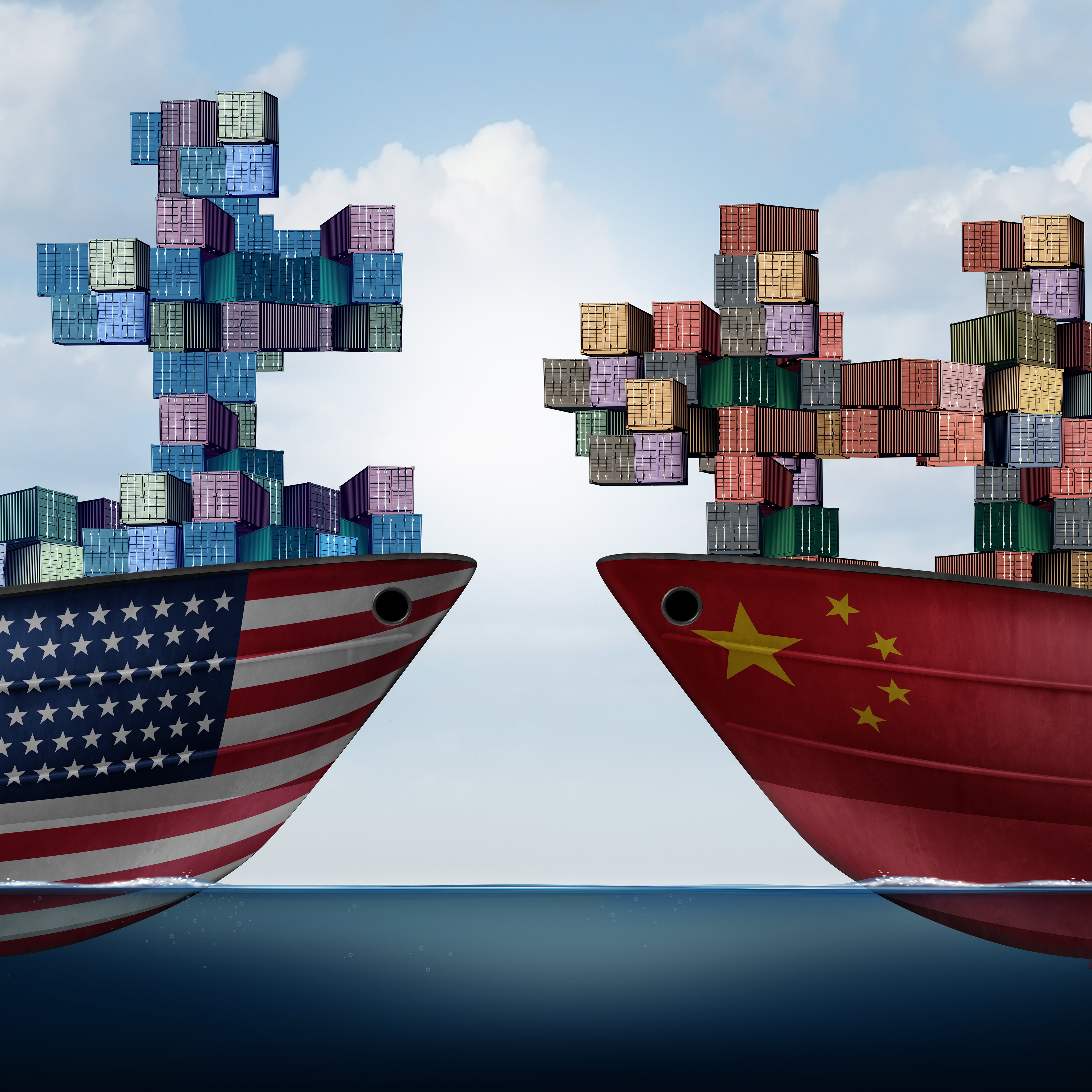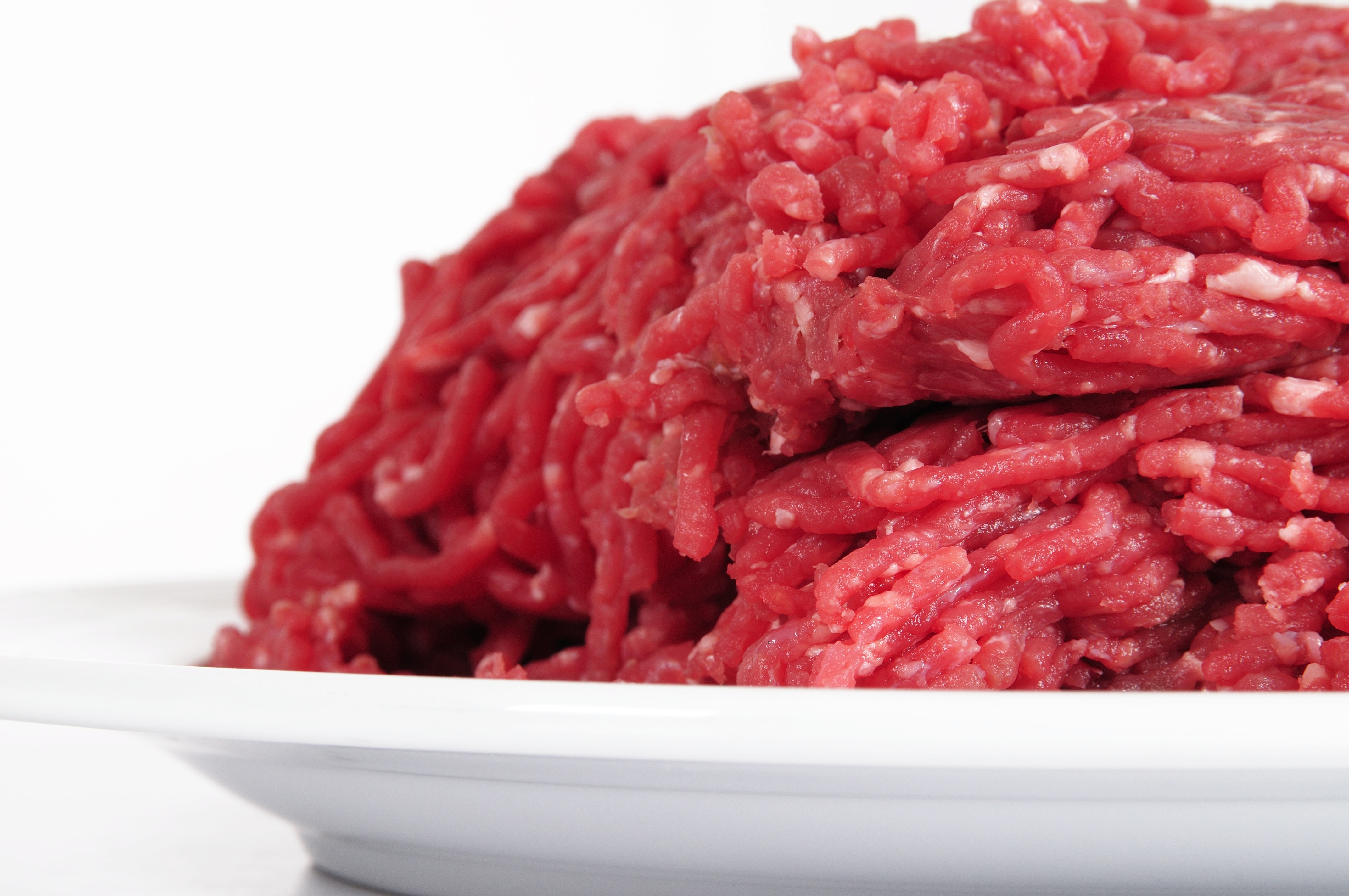fjfnewswp2324234234342019-05-09T16:36:54+00:00Today’s farmers are witnessing the largest trade war in history. Tweets, dinners and meetings are slowly transforming the political and agricultural rulebooks. For instance, markets around the world crashed when President Donald Trump tweeted on Sunday that tariffs on $200 billion of Chinese goods may be raised from 10% to 25% on Friday, as trade talks between the U.S. and China progress were going "too slowly."
How did the U.S. and China arrive at the current crossroads? A little context helps.
“China is and will continue to be one of the most important trading partners with U.S. agriculture, and the trade disruptions suggest that we need to understand China economically, culturally and politically,” says Wendong Zhang, Iowa State University Extension economist.
Zhang grew up in rural northeast China (his rural county was home to more than 1 million people). To set the stage for what farmers should know about China to understand the trade war, he provides a few key facts.
Mainland China and the continental U.S. are about the same size and cover similar latitude ranges.
The U.S. is home to 327.2 million people, while China is home to 1.386 billion.
Although China has same land area as U.S., most of China’s population live in the eastern part of the country. In fact, if you drew a line from the northeast corner of China to the southwest corn of China, 90% of the country’s 1.4 billion people live to the east of that line.
The U.S. has roughly 15% of all the arable land in the world, with 4% of global population. China has 20% of the population and only 7% to 8% of arable the world’s land.
Zhang says farmers should understand these facts and trends about China.
1. China doesn’t have a comparative advantage in row crop production.
China’s farming industry has both natural and social constraints, especially when compared to the U.S., Zhang says. For instance, while many U.S. Corn Belt states enjoy ample precipitation for row crop production, most major agricultural production areas in China rely heavily on irrigation. Furthermore, the soil and land quality are arguably better in the U.S. than in China.
The societal constraints further hinder the production efficiency of Chinese agriculture, Zhang says. China has at least 270 million farmers actively engaged in crop or livestock production compared to 3.2 million in the U.S. The average farm size in China is 1 to 2 acres, while in the U.S. the average farm size is 120 acres.
In China, it is illegal for farmers to plant genetically modified corn and soybean varieties. As a result, the average soybean yield in China is 26 bu./acre, which compares to 48 bu./acre in the U.S. (per 2015 yield numbers).
“China cannot be self-sufficient in all of their food needs,” Zhang says.
For instance, China can be self-sufficient in their rice and wheat production. Also, China could produce 97% of its pork domestically, since half of the pigs in the world are in China.
But for corn and soybean needs, Zhang says, they shop at the global market. China can only satisfy 15% of its need for soybeans with domestic production. Additionally, China could play a bigger role in the ethanol and corn markets since China has started an E10 ethanol mandate which launches in 2020.
2. China does need the U.S., but the trade retaliation hits U.S. agriculture hard.
Undoubtedly China will incur greater economic loss from the trade war, Zhang says. But that statement comes with a lot of caveats, especially when the U.S. ag sector is involved.
“U.S. agricultural industry and agricultural states such as Iowa suffer disproportionally large impacts from the trade disruptions,” he says. “Our previous analysis of China’s trade retaliation strategies suggests that China tends to target agricultural products for economic and political damages, especially when the products are easily substituted by supplies from U.S. competitors or alternative products.”
A recent Center for Agricultural and Rural Development (CARD) analysis shows the impacts of the trade disruptions on the Iowa economy include losses of $1 billion to $2 billion. The average estimated loss to Iowa’s soybean, corn, hog and ethanol industries are $545 million, $333 million, $776 million, and $105 million respectively.
3. Trade disruptions encourage China to find new partners.
“Even if we sign an agreement tomorrow, there are some long-term consequences to trade disruptions,” Zhang says. “China needs the global market. Unfortunately, we are not the only seller in town.”
In 2016, China bought more than 60% of U.S. soybean exports, but even then, China was buying even more soybeans from Brazil. In 2006, the U.S. exported more meat to China than all our competitors combined. However, over the past decade the U.S. has lost market share as China increased meat imports from the world. In 2016, Europe supplied more pork to China than the U.S., while Australia, Brazil, and Uruguay dominated the beef imports by China.
These shifts in China’s buying is in part, Zhang says, due to China’s Belt and Road Initiative. Also known as China’s 21st Century Silk Road, this transportation improvement better connects the European hog suppliers with China via new railroads.
4. China is a country of rapid change.
Contemporary China is evolving at a brisk pace, Zhang says. For instance, China is home to more miles of high-speed rail than all other countries combined. More than 60% of these miles were built in the past five years. In addition, Chinese students often make the largest group of foreign students in American and European universities, with over 40% of international students currently in Iowa coming from China.
5. The Chinese economy and U.S.-China relations are at critical points.
“After four decades of phenomenal economic growths and deepening bilateral ties with the U.S., the Chinese economy recently experienced significant challenges and many speculated that the Chinese economy is slowing to an annual speed of 5% to 6% over the next decade,” Zhang says. “Arguably, that is still pretty fast, however, the Chinese economy faces structural reforms that are more challenging than ever before.”
More importantly, the trade war is reflective of the status of potentially deteriorating U.S.-China relations, he says. A Pew Research Center survey in August 2018 shows that American attitudes toward China have become somewhat less positive over the past year: Overall, 38% of Americans have a favorable opinion of China, down from 44% in 2017. At the same time, the same survey shows globally 70% of people think China plays a bigger role in the world despite a lack of enthusiasm for Chinese world leadership.
6. Chinese leaders take the long view.
“When thinking about the trade negotiations, the political reality is we cannot ignore we are facing an incredibly powerful leader in China, President Xi Jinping,” Zhang says. “He will likely be in power until 2030 if not 2035.”
Zhang says President Xi is dubbed as COE—chairman of everything.
“He isn’t just thinking about dealing with President Trump, but also how to set a precedent with future U.S. presidents,” Zhang says.
Zhang recently published an article on this topic: Seven things to know about China to understand the trade war.
Learn more Zhang and Iowa State University’s research about China at www.card.iastate.edu/china.








